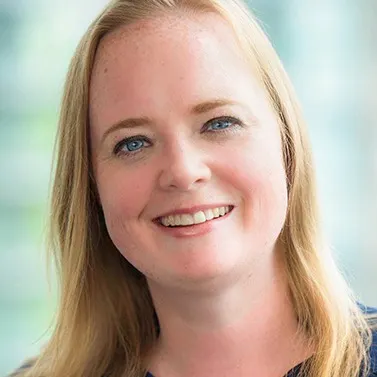Can I just take my daughter to counselling or does my ex have to agree?
Since my ex and I separated, our 12-year-old daughter has been having a tough time. She wants to go to counselling and I want to take her, but my ex disagrees.

Mena
Port Moody, BC
Who decides whether your daughter can see a counsellor depends in part on if she’s mature enough to understand what counselling involves. In a nutshell, if she is, she can decide herself to see a counsellor — as long as the treatment is in her best interests. If she isn’t mature enough, and you and your ex are her guardians, you may both have to consent to her receiving counselling.
Whether your daughter can decide herself
Under BC law, a child under age 19 can consent to their own health care. They don’t need their parent or guardian to consent. But there is a catch. The health care provider must explain to the child what the treatment involves, including the risks and benefits, and be satisfied:
that the child understands, and
that the treatment is in the child’s best interests.
There is no set age when a child becomes sufficiently mature to consent to their own health care. It’s the judgment call of the health care provider. And as explained here, it depends on how serious the medical treatment is. If a child is assessed as mature enough, they can normally get medical treatment for things like mental health problems, alcohol and drug addiction, and birth control.
That said, where parents have separated, many health care providers prefer to have both parents consent to a child’s health care. It’s a good idea to check with any counsellor you have in mind for your daughter to see whether they will assess her maturity and treat her without the consent of both parents.
If your daughter is not mature enough
Where a child is not mature enough to consent to their own health care, the child's guardians will need to make health care decisions for them.
When a child’s parents separate, both parents are the child’s guardians, unless a formal agreement or court order says otherwise. Guardians have "parental responsibilities.” This includes making decisions about important aspects of the child’s life, such as health care.
If you and your ex are guardians for your daughter — and she is not mature enough to consent to her own health care — a counsellor will probably need your and your ex’s consent before they can provide services to your daughter.
Keep in mind there are supports for helping you and your ex work through this together. For example, you could contact a family justice counsellor. They provide free mediation services to help separated parents work out issues. Or you could contact a private mediator or co-parenting coach to help discuss and mediate the issue with your ex and your child.

Rebecca Stanley
Connect Family Law
